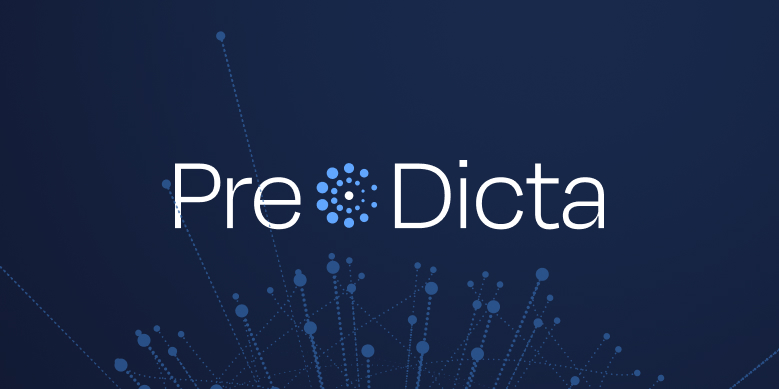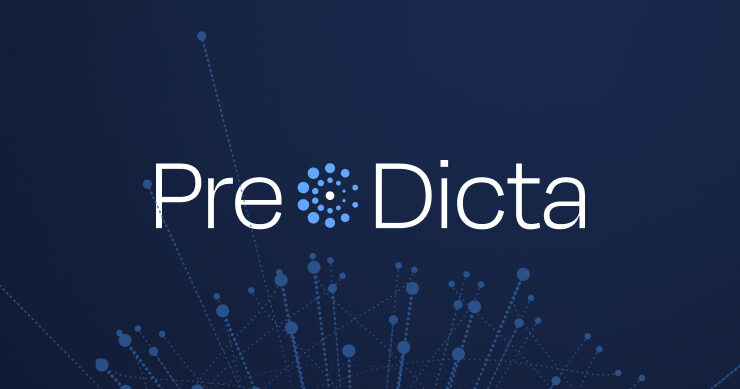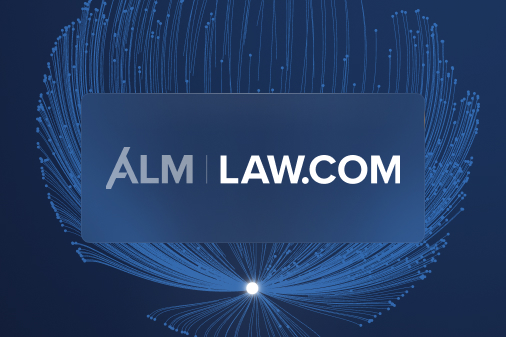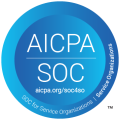AI Use in Court Is Ethical When Used Correctly | Opinion

Dan Rabinowitz’s extensive background in both legal practice and data analytics uniquely qualifies him to speak on Pre/Dicta, legal analytics, and AI-driven litigation prediction. With experience ranging from serving as a trial attorney at the U.S. Department of Justice to leading fraud analytics and compliance initiatives at WellPoint Military Care, Dan has a comprehensive understanding of the legal and technological landscapes. His role as co-founder and CEO of Pre/Dicta underscores his commitment to leveraging AI to enhance legal decision-making and strategy.
Dan’s diverse career, which includes managing complex litigation, developing data-driven legal solutions, and ensuring compliance with regulatory requirements, provides him with a multifaceted perspective on the ethical use of AI in law. His expertise in combining legal knowledge with advanced data analytics enables him to offer valuable insights into how AI can revolutionize litigation practice, making him a leading voice in the field of legal technology and AI.
Article Summary
Artificial intelligence (AI) is rapidly gaining traction in the legal sphere, raising questions about its ethical use by lawyers. Dan Rabinowitz, co-founder and CEO of Pre/Dicta, emphasizes the importance of establishing guidelines to ensure ethical AI usage in law. He highlights how AI, when used correctly, can significantly enhance legal practice by providing predictive analytics that offer insights into judicial behavior, case outcomes, and litigation timelines.
The article discusses the different types of AI—generative and predictive—used in litigation and their respective benefits and challenges. Rabinowitz argues that while generative AI can support document creation and client services, predictive AI offers a strategic advantage by analyzing vast amounts of data to forecast judicial decisions and case outcomes. He advocates for a balanced approach to AI use, emphasizing the need for oversight to ensure accuracy and appropriateness in legal contexts. This hybrid approach can help integrate AI into the U.S. court system effectively, ultimately benefiting legal professionals and their clients.
Newsweek Artificial Intelligence: https://www.newsweek.com/ai-use-court-ethical-when-used-correctly-opinion-1894421
Exploring the Ethical Implications and Benefits of AI in Legal Practice






